Flight shame is a common feeling—and aggression—for travelers worried about the climate. But should we feel guilty about flying? The answer is less black and white than you might think.
By now, you probably know flying is wretched for the environment.
Carbon emissions from flights can be 2 to 20 times that of a comparable train trip. Planes release other greenhouse gases at high altitudes that further exacerbate warming. Unless you’re constantly driving or consume phenomenal quantities of beef every year, it’s likely any flights you take make up the majority of your annual carbon footprint.
These days, traveling by plane can be a sensitive subject. Some travelers have stopped flying completely. Others are shamed for the flights they take. Many travelers try to assuage their guilt by buying carbon offsets for flights, and even more companies try to avoid responsibility by doing the same.
And, as always, most people give no f*cks.
Something has to change… but what? Who?
Making climate-conscious decisions is something every responsible traveler should do… but, like most environmental issues, it turns out feeling guilty about flight emissions isn’t something the average traveler should dwell on.
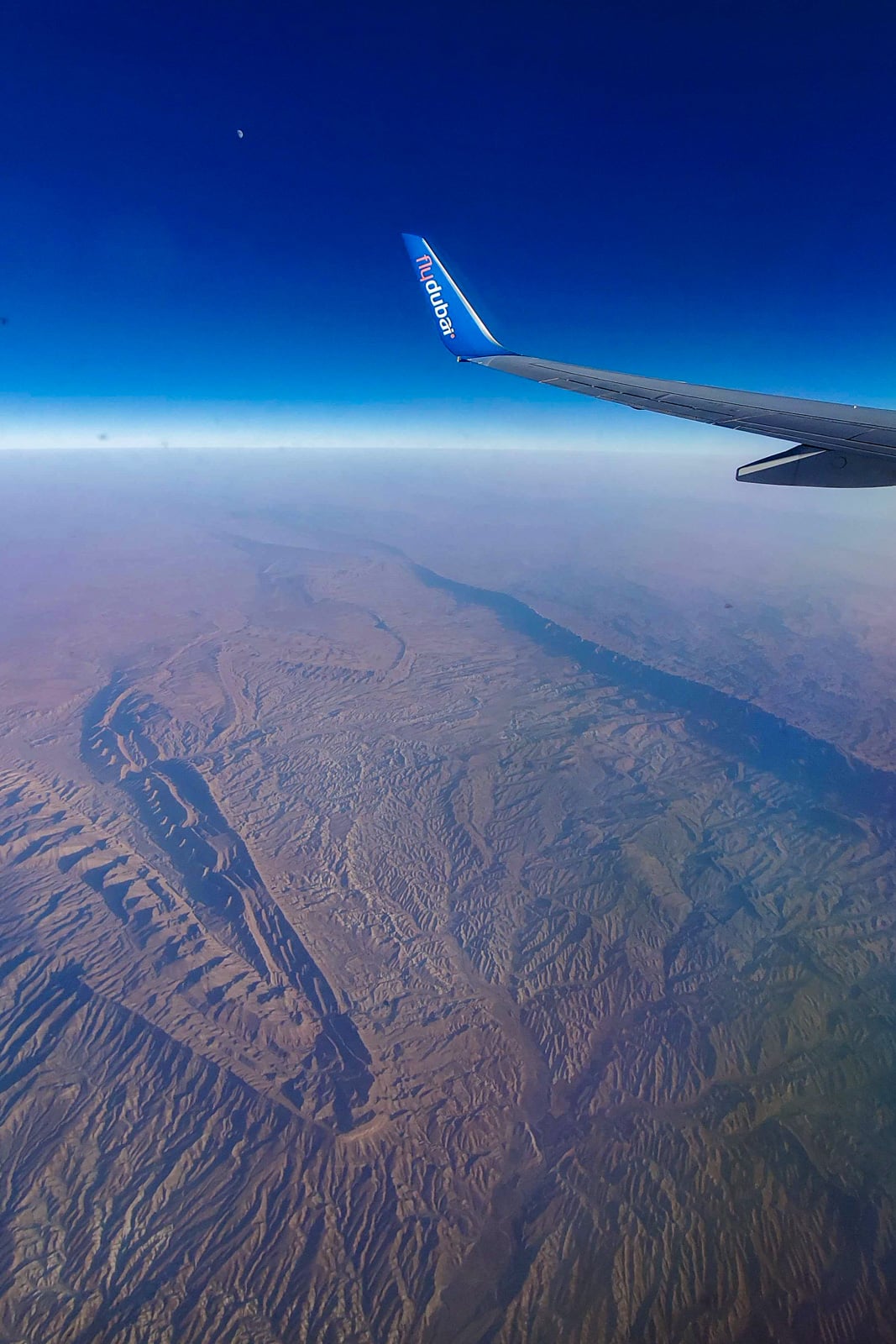
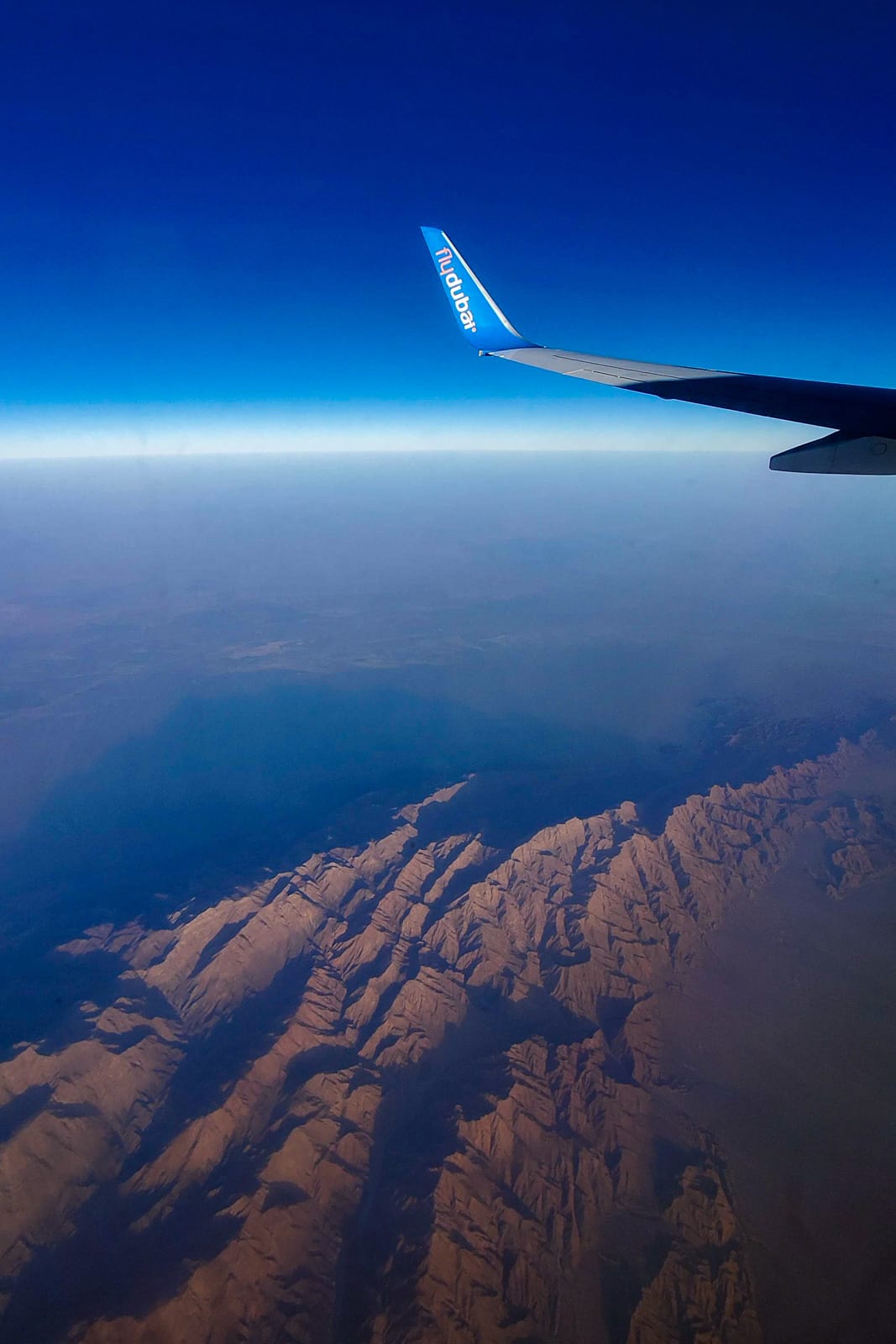
So who should feel guilty about flying?
“There is this narrative that tackling the climate change problem from aviation means stopping people from taking holidays or seeing their families – and actually, when you look at this data that is wrong.”
Leo Murray, 10:10 Climate Action
Carbon emissions from aviation are, largely, a rich people problem. Wealthy frequent fliers are responsible for the largest share of flight emissions. Scientists found <1% of the population account for more than 50% of all flight emissions. And that number didn’t even take private jets into account.
It’s easy to write that off as Not My Problem, but “rich people” might include you, too. Anyone who flies for leisure is (relatively) rich. Only 5-10% of the entire world’s population flies each year. If you’re reading this and have taken a flight for a trip before, you’re probably “rich” by global standards.
Who is a wealthy frequent flier?
Frequent fliers are found all over the world, but they’re most common in the countries that fly the most per capita, which are typically wealthy and Western.
The United States and Canada, as always, take first prize for the most flight-happy, emissions-heavy citizens: almost 6,000km of flights per capita in 2018. The Middle East and Europe are next, at around 3,000km per capita.
And those are just the “normal” air travelers. Frequent fliers are the ones who take multiple round-trip flights each year:
- United States: 6+ flights per year. 12% of adults take 2/3 of all flights.
- United Kingdom: 3+ flights per year. 15% of people take 70% of all flights.
Aren’t most frequent fliers traveling for business, though?
People often assume business travelers make up the bulk of passengers, but in the United Kingdom, business isn’t to blame. The best predictor of whether or not someone is a frequent flyer is whether or not they own a second home and make more than £115,000 per year.
(Translation: rich person)
Need more proof? Guess which destinations are most popular for passengers from areas of the UK with the most frequent fliers.
… yep, international tax havens.
The United States is a different story; business flights matter more in the US. The US has 75% of the world’s registered business jets: around 13,000. Europe and Russia as a whole come second with around 2,879 registered jets.
10,000 or so might not sound like much, but considering there are only 25,000 commercial jets in the world—you know, those big ones you probably know from your own travels—that’s a pretty significant number. Don’t forget that commercial jets fly hundreds of passengers at a time; private jets fly dozens at most.
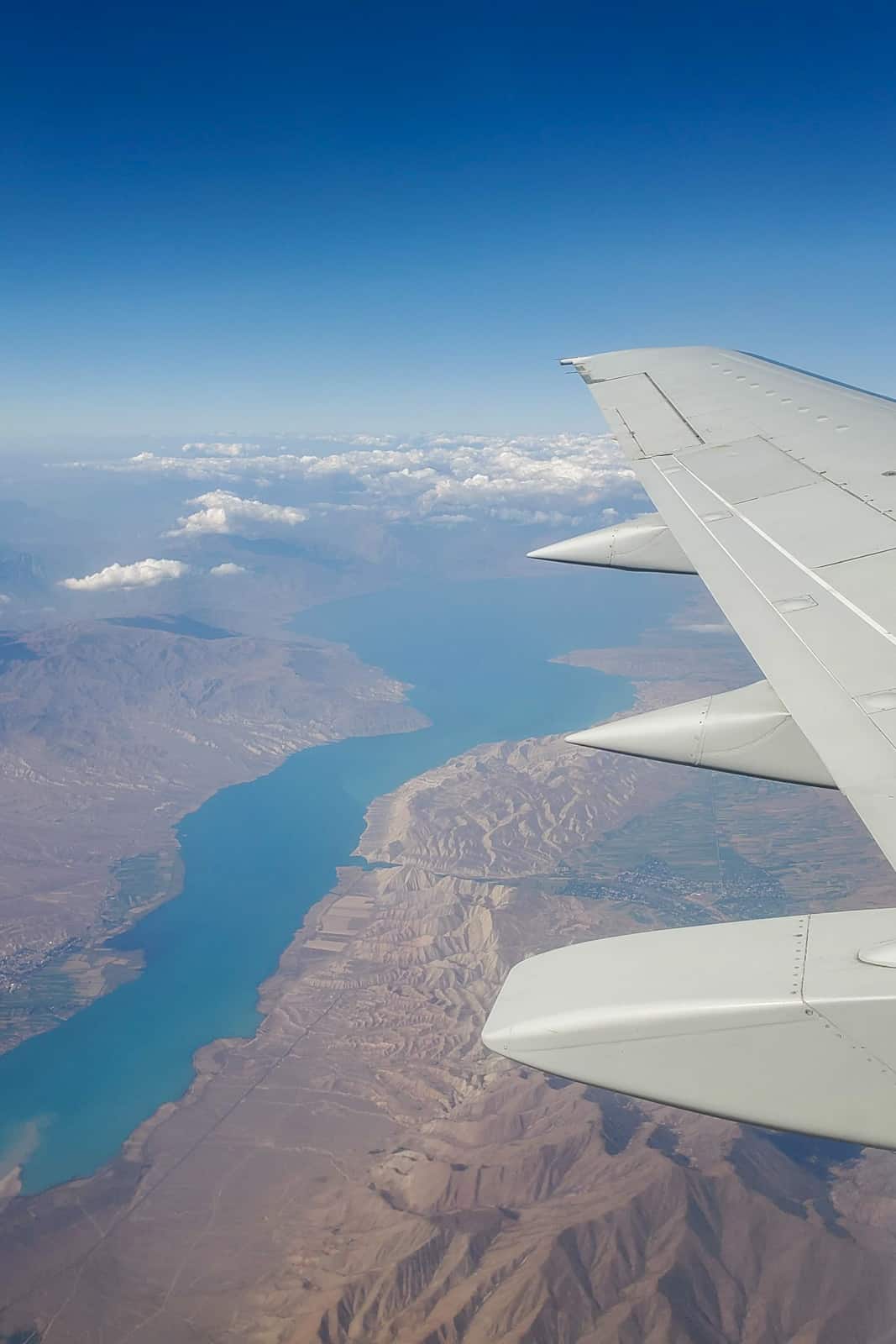
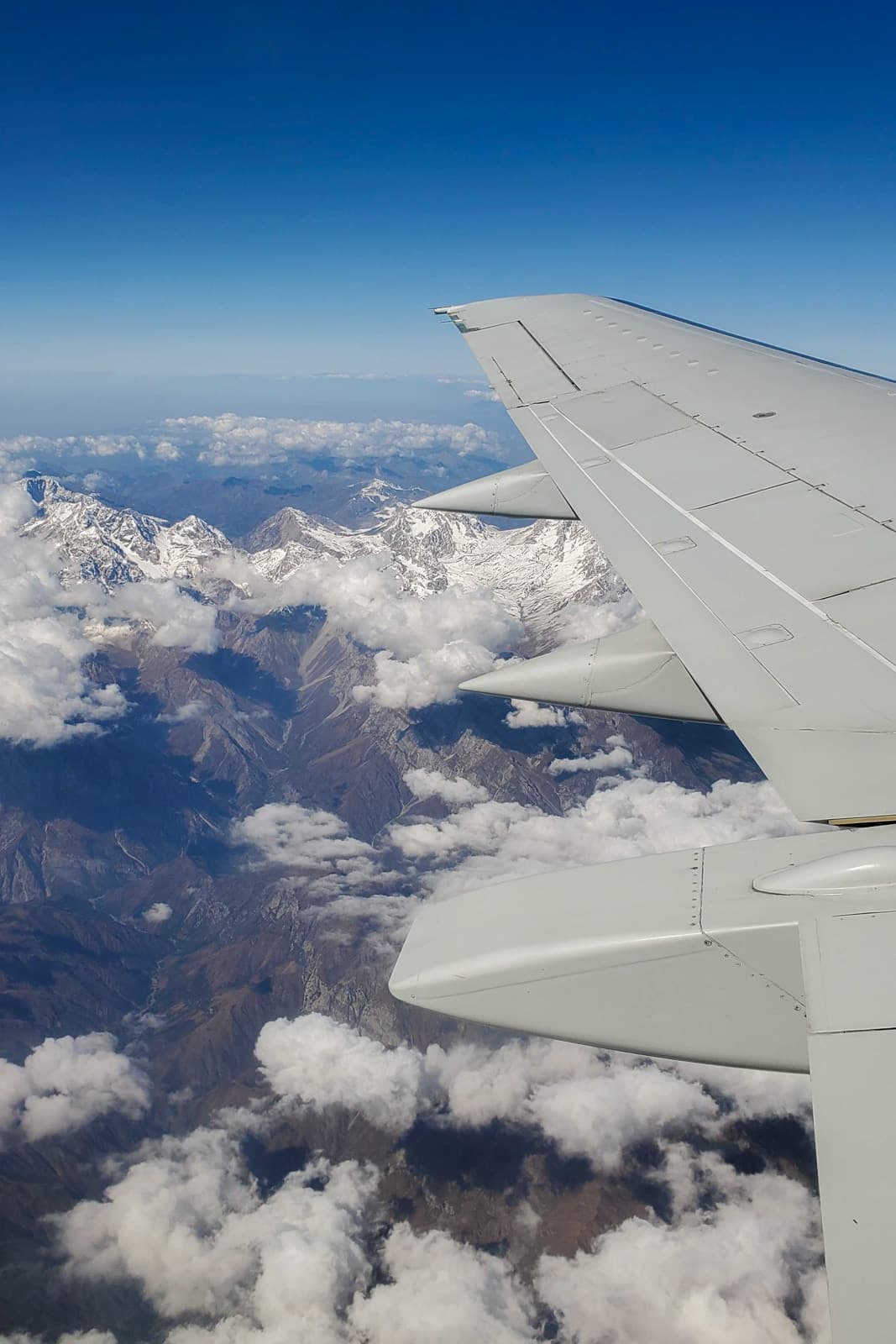
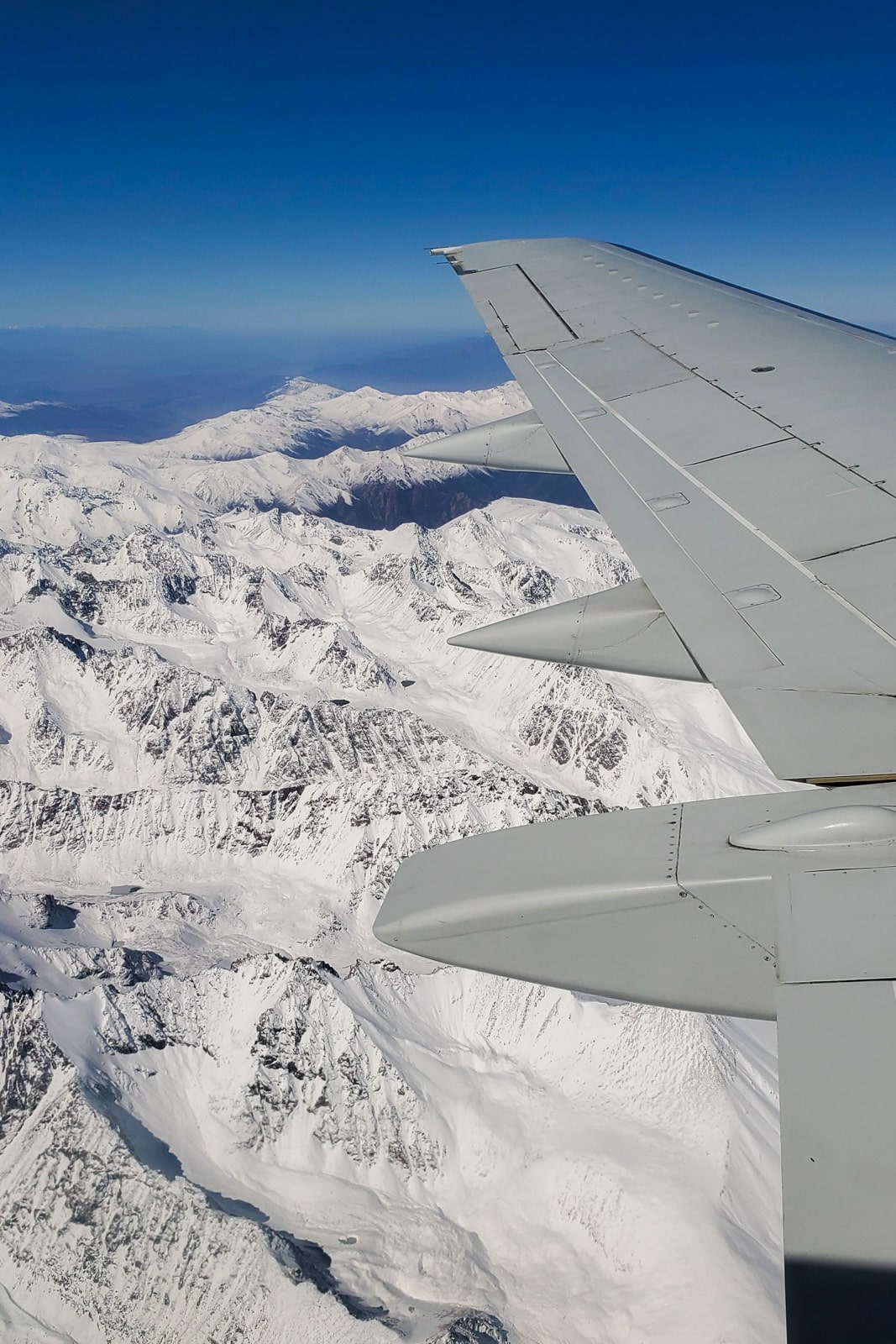
Why a few private jets and a lot of rich folks are their own problem
On an average year, the FAA (Federal Aviation Administration) in the United States sees around 16 million scheduled and unscheduled passenger flights. If you’ve ever walked through a major airport, that’s probably not much of a surprise.
What we common travelers DON’T see is the 4.5 million business jet operations that happen in the US each year. That’s a lot of rich people flying. That is, if the jets have anyone in them at all.
Those flights add up, especially when considering the emissions of a private jet passenger versus a commercial flight passenger… or, even better, a passenger traveling by train or bus.
Someone traveling by private jet is responsible for 10 times as many emissions as an economy class passenger flying the same route.
When specifically talking short-haul flights within Europe, a passenger traveling by private plane emits 4-15 times the emissions of an economy-class passenger… and 75-250 times as much as a comparable high-speed train passenger.
(For the record, flying in style is always more emissions-intensive—according to the World Bank, flying in first class means 6x the emissions of flying economy.)
Ok cool I’m not a rich boi. Does that mean I don’t have to feel guilty about flying?
Nah, not entirely.
(Also, again, you might actually be rich – you only need a net worth of US$93k to be in the richest 10% of the world’s population.)
Corporations, politicians, and the ultra-rich—groups that overlap often—have the most work to do, but tackling the climate crisis requires collective effort. That means being honest with ourselves, making changes where we can, and working together to help everyone find ways to adapt… not shaming the sh*t out of average people when they take a flight or eat meat or buy something from H&M every once in a while. As some environmentalists love to do.
We all have to do our part to avoid flying where possible. That means thinking about what is necessary and what isn’t, and being open to admitting we should make changes.

Last selfie before flying out from a photography assignment on the Thailand-Myanmar border
How can I fly—or not fly—more responsibly?
The easiest way to reduce your flights’ carbon footprint is… well, not to fly. Obviously.
However, shaming everyone into not flying isn’t helpful.
On the surface, “don’t fly” seems simple. If you’re the kind of person who takes multiple round-trip flights for leisure every year, it’s both straightforward and relatively easy to fly less than before.
Same goes for other privileges. It’s easy for people who live in countries well-connected by rail to give up flights. It’s not a problem to fly less when your family lives in the same country as you. Avoiding flights is hip when you’ve had the privilege of flying all your life; air travel has been inaccessible for many people thanks to reasons ranging from poverty to discrimination.
If you rarely fly, only fly for family, or need to fly for other (non-recreational) reasons, you do you. But if you fly multiple times a year for leisure, you should find a way to fly less.
Once you do, please don’t assume your story is the same as everyone else’s. Instead of blindly shaming others for being ‘irresponsible’, focus on educating other frequent fliers on how to adjust their flight habits:
Kinds of air travel to avoid in the future
- Constantly flying for short or weekend trips. Why not travel somewhere closer to home?
- Flying to far-away places multiple times for short trips each year. Why not take one longer trip if you have all the vacation days?
- Flying somewhere you can easily get to by train or bus or carpool. Do you really save THAT much time, considering how much time it takes to travel to-from airports, security, boarding, etc?
Note on honesty: Don’t hesitate to admit you’ve flown too much. I flew way too much in 2018-19—partially for family, partially for work, but leisure was there, too. I need to make a bigger effort to return to the early days when I was overland-only. I’ve promised myself I won’t fly anywhere in Europe (though I wasn’t likely to do that anyway), and I aim to take a MAXIMUM of one unidirectional flight per year if overland options aren’t available.
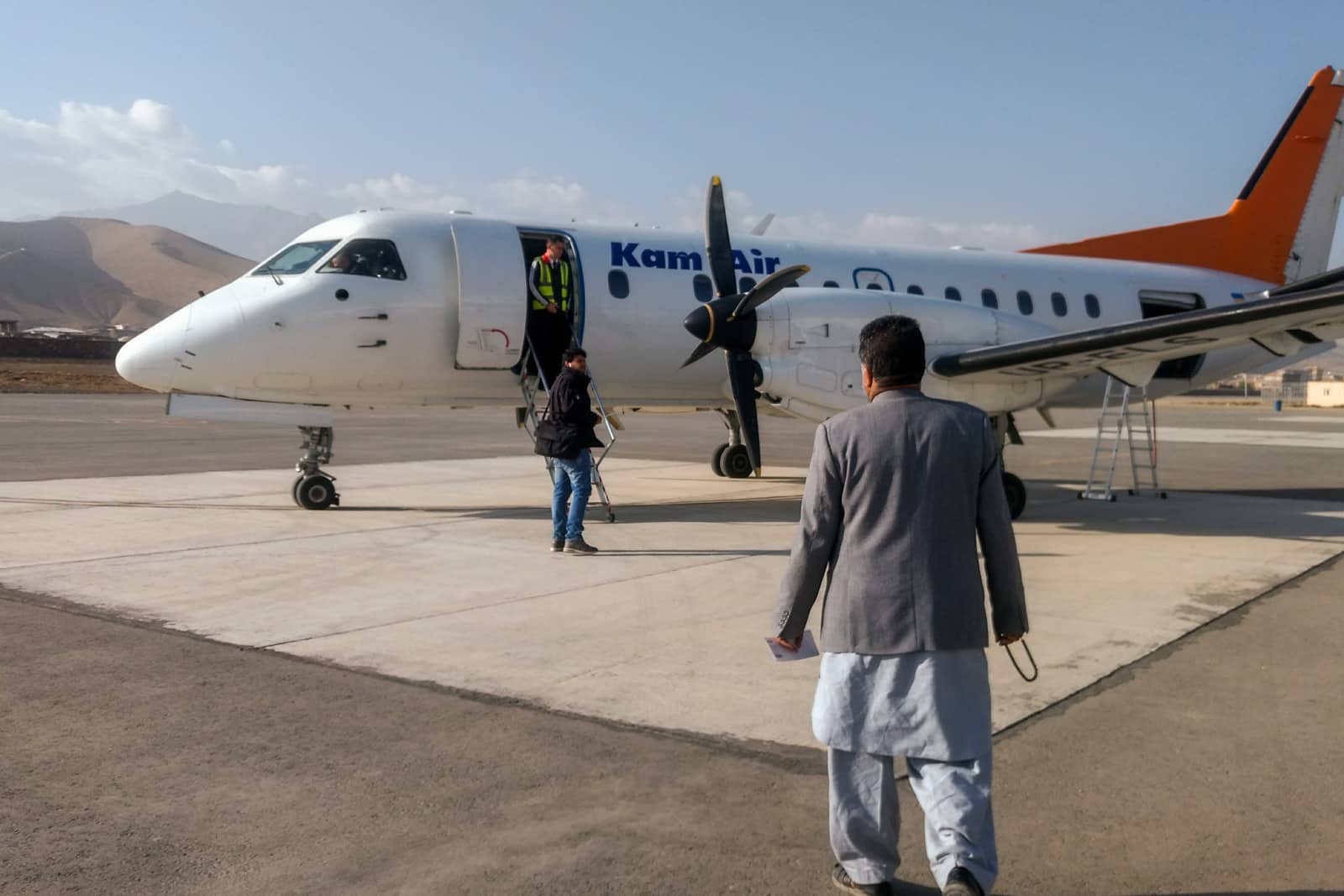
An example of why not flying isn’t always straightforward: flying in Afghanistan is sometimes a necessity as some land routes are notoriously dangerous
How to reduce your flight’s carbon footprint when you do fly
Cutting out unnecessary flights is a huge step. Though these don’t have as big an impact, there are some things you can do to further limit your emissions when you do have to fly:
- Book a direct flight. Take-off and landing use more fuel than cruising does.
- Find a flight on a newer airplane if possible. Newer and/or higher-quality airlines usually have more modern, fuel-efficient airlines.
- Fly economy. As said, more people = less emissions per capita.
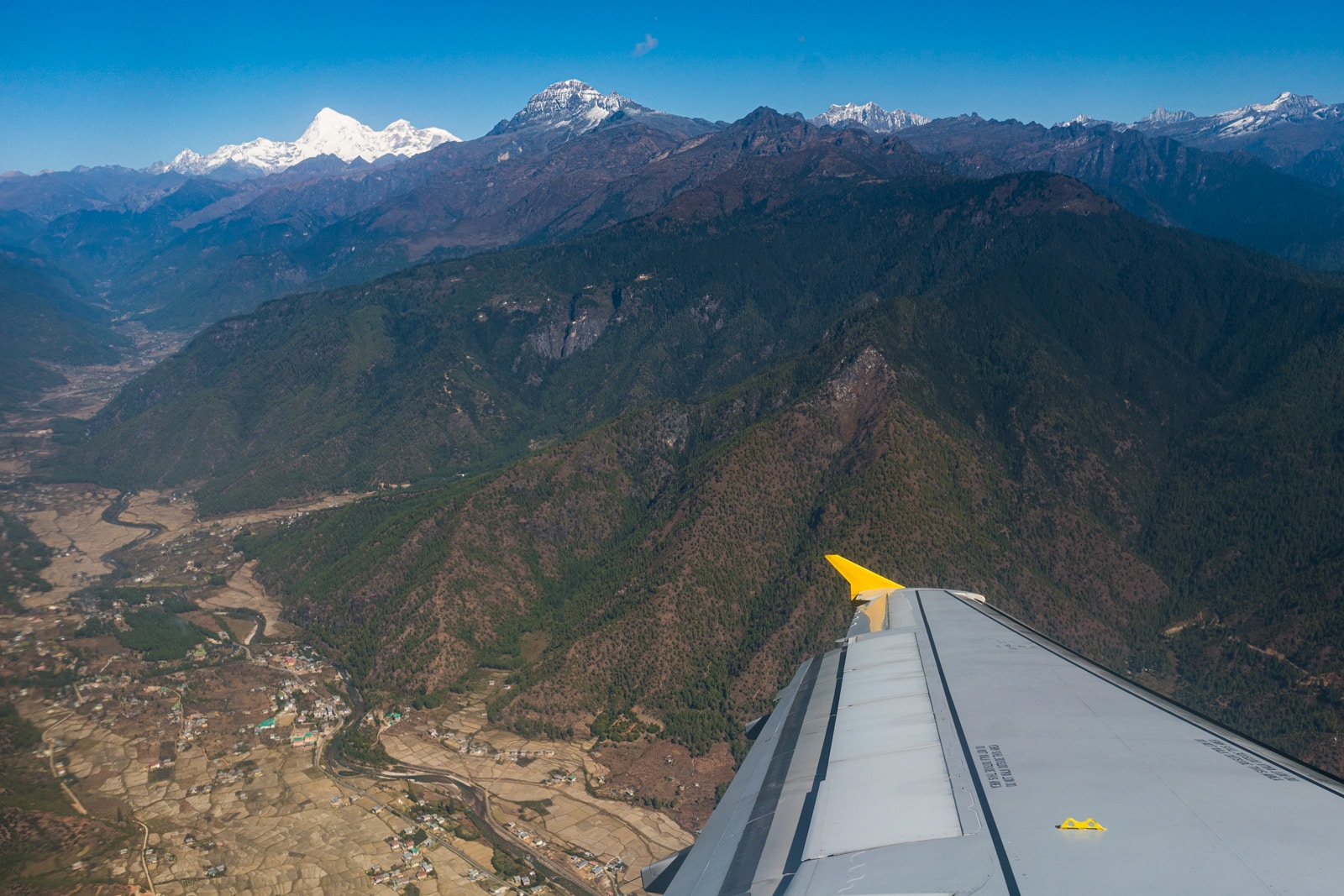
Flying out of Bhutan after an assignment in 2017. Work? Leisure? You tell me.
What else can be done to lower flight emissions?
We can make all the changes we want, but there’s no denying the biggest changes have to come from up top. Climate scientists and policy makers have discussed a variety of ways to lower airline emissions, including…
- Introducing scaled tax for frequent fliers. Everyone gets one tax-free flight a year, then your flight tax (and thus ticket price) increases with every flight you take after that. One of my favorite solutions, as it allows lower-income to continue accessing flying, while rich frequent fliers are taxed more/can fund other environmental solutions.
- Banning private jets that run on fossil fuels (UK). There, private jets are often used for short flights. The average distance is well within the plausible range for electric plane technology, and rich folks have the most money to blow on new technology.
- Eliminating tax breaks for the airline industry. Currently kerosene is NOT taxed; that’s what’s used to make fuel for planes. The tax revenue can go to improving rail systems and bus networks.
- Giving employees more time off if they agree to travel by train instead of plane. Many people are strangled by their vacation days—allowing more time off could make a massive difference (and make employees happier).
Go forth, fly less, and think more.
Like all complex matters, flying and flight shame isn’t black and white, though angry internet people like to make it so.
Should we feel guilty about flying? requires more nuance than yes or no. Think before you shame, as well as before you book. Seek sustainable transport, but don’t stress if it’s impossible. Do your part to fly less, but remember that average people aren’t the ones who should be shamed for flying—wealthy frequent fliers are.
Have you ever felt guilty about flying? Does this help?

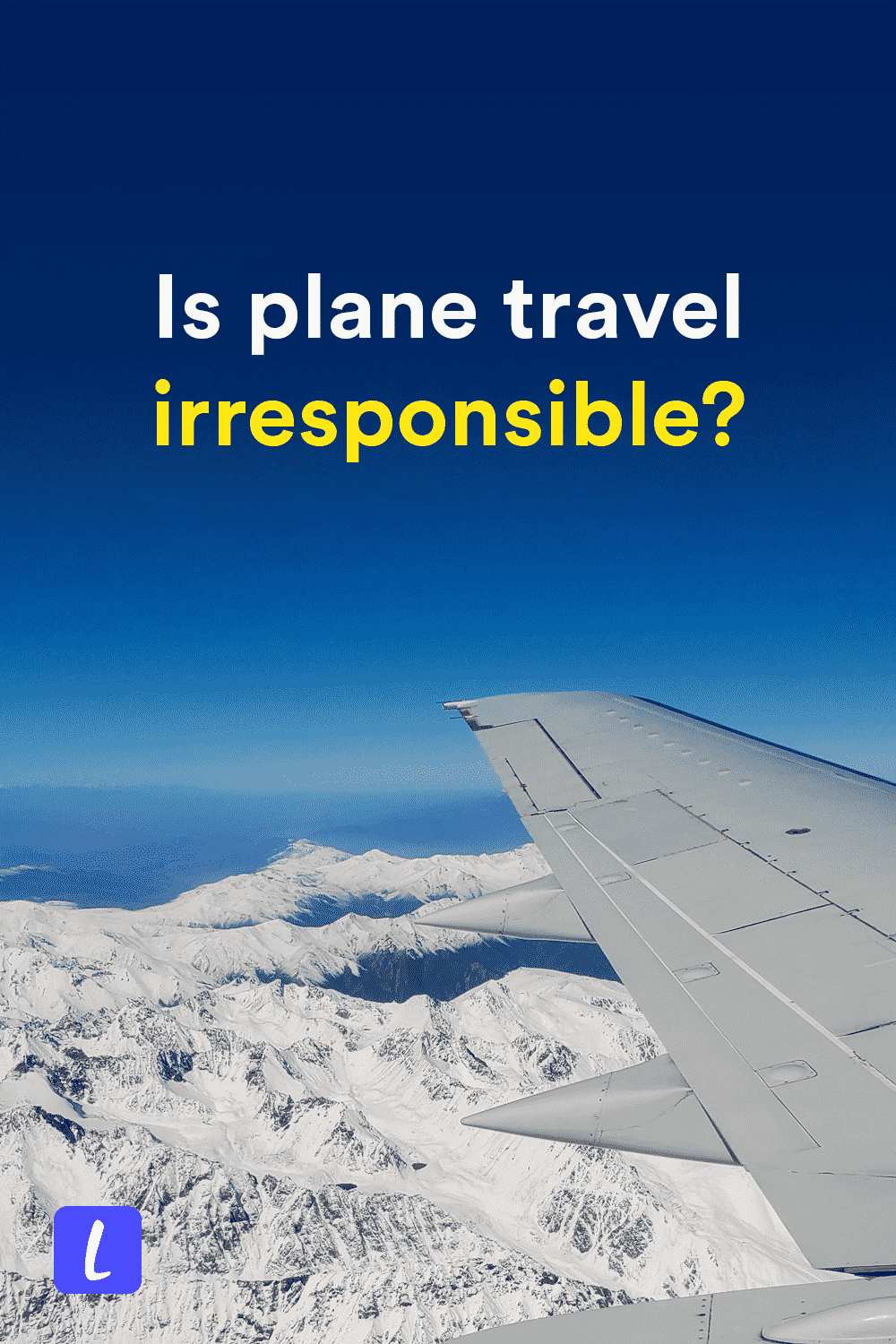
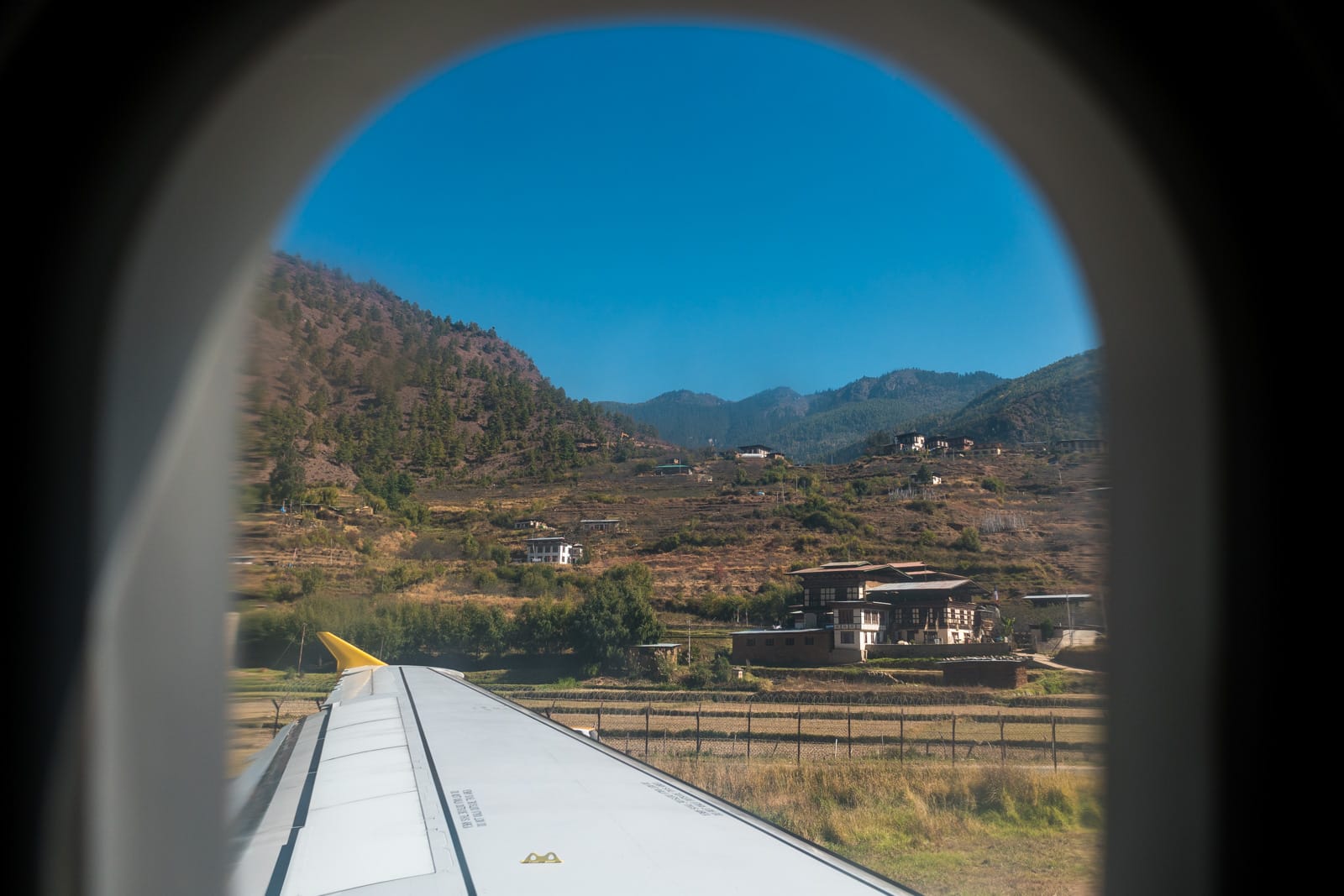


I thought this would be an article about being guilty for flying with the worldwide pandemic. I think that the carbon footprint is probably minimal compared to all the cars on the ground. I like traveling by plane and bus (charters for Florida, public transit other places) because I feel like they’re a little bit better about gas and costs.
I’ve recently started using hhc cartridge , and they’ve exceeded my expectations. From Delta 8 products to HHC products, the benefits are undeniable. They cure restrict urgency, promote have a zizz, and all the same opulence penny-ante aches. What I enjoyment most is that they’re spontaneous and don’t commit me intuition weak or absent from of it. The dignity of hemp products makes a monumental remainder, so I unceasingly look looking for trusted brands. Whether you’re restored to hemp or savvy, these products are a game-changer in the service of inclusive wellness.